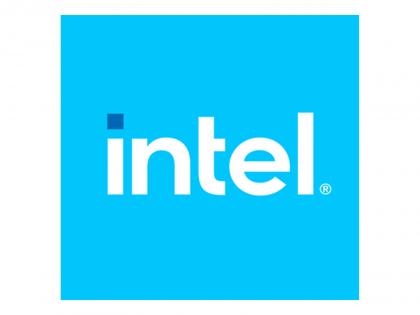Taiwan's energy strain justifies shifting chip production to US, says former Intel CEO Pat Gelsinger
By ANI | Updated: November 19, 2025 08:25 IST2025-11-19T08:24:38+5:302025-11-19T08:25:03+5:30
New Delhi [India], November 19 : Former Intel Corp. Chief Executive Pat Gelsinger shared concerns over Taiwan's strained energy ...

Taiwan's energy strain justifies shifting chip production to US, says former Intel CEO Pat Gelsinger
New Delhi [India], November 19 : Former Intel Corp. Chief Executive Pat Gelsinger shared concerns over Taiwan's strained energy supply, saying the challenge highlights the need to shift part of the global semiconductor production base to the United States.
According to a report by Focus Taiwan, Gelsinger, who is currently visiting Taipei, said the island was "not in the position to have a resilient energy supply chain," a vulnerability he warned puts Taiwan's chip industry "in a very precarious state."
He added that despite Taiwan's undisputed semiconductor manufacturing strengths, energy-related risks continue to weigh on its long-term supply-chain stability.
Speaking at a news conference, Gelsinger stressed that strengthening supply-chain resilience through geographic diversification was essential for the global semiconductor ecosystem.
He said Taiwan Semiconductor Manufacturing Co.'s (TSMC) ongoing investments in the United States form a key part of this strategy.
"More of the growth should occur in other geographies," he said, urging Taiwanese chipmakers to expand their presence in America. "I encourage them to have more advanced nodes and R&D in the U.S."
Gelsinger, however, maintained that Taiwan's manufacturing capabilities remain unmatched, noting that potential US tariffs should not deter the island.
"There's no place like Taiwan, [where] you can have an idea at breakfast, you can have a prototype by lunch, and you can have manufacturing by dinner," he said.
He made the remarks while attending an event where his current employer, California-based venture capital firm Playground Global, announced new partnerships with seven technology companies.
Among these collaborations, Ayar Labs unveiled a strategic partnership with Taiwan's application-specific integrated circuit (ASIC) provider Global Unichip Corp. (GUC) to integrate co-packaged optics (CPO) into GUC's advanced ASIC design services.
Meanwhile, d-Matrix announced it is working with TSMC, Alchip Technologies and packaging-and-testing major ASE to jointly develop 3D memory-stacking solutions aimed at accelerating advancements in artificial intelligence.
Disclaimer: This post has been auto-published from an agency feed without any modifications to the text and has not been reviewed by an editor
Open in app